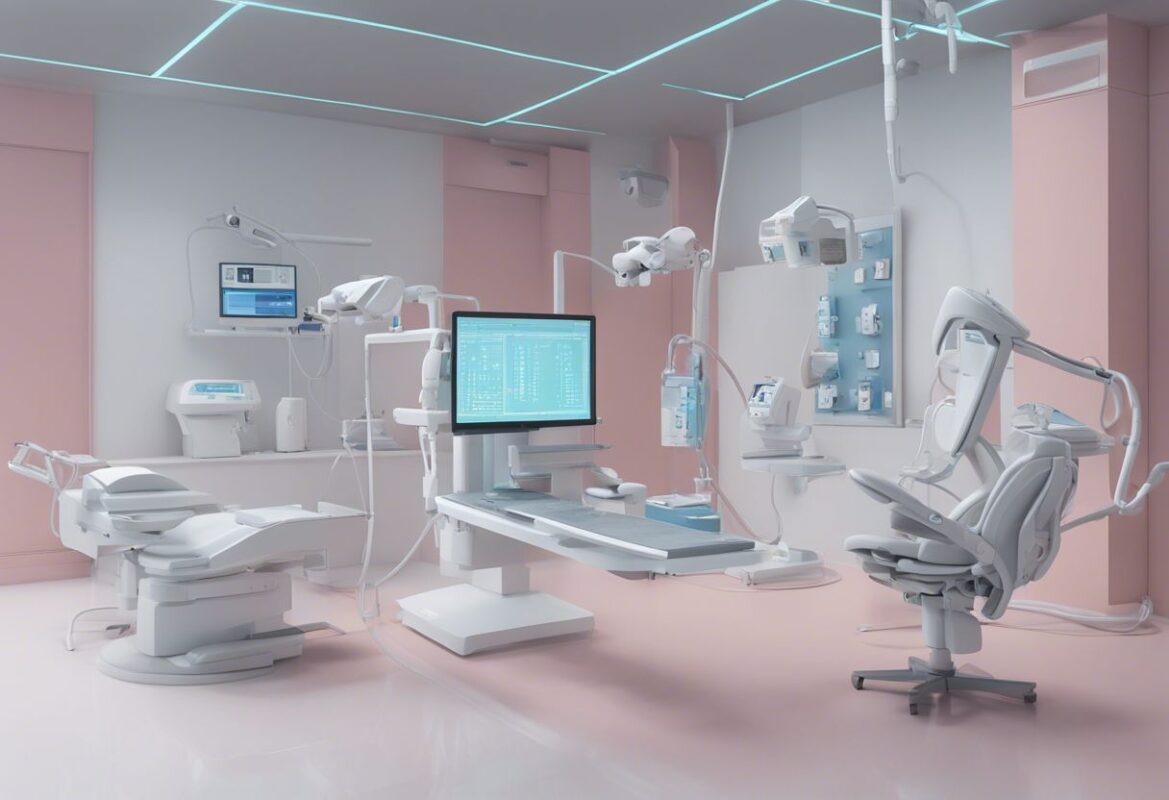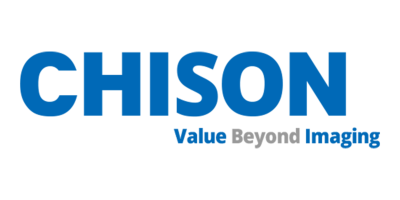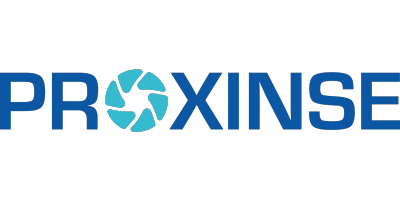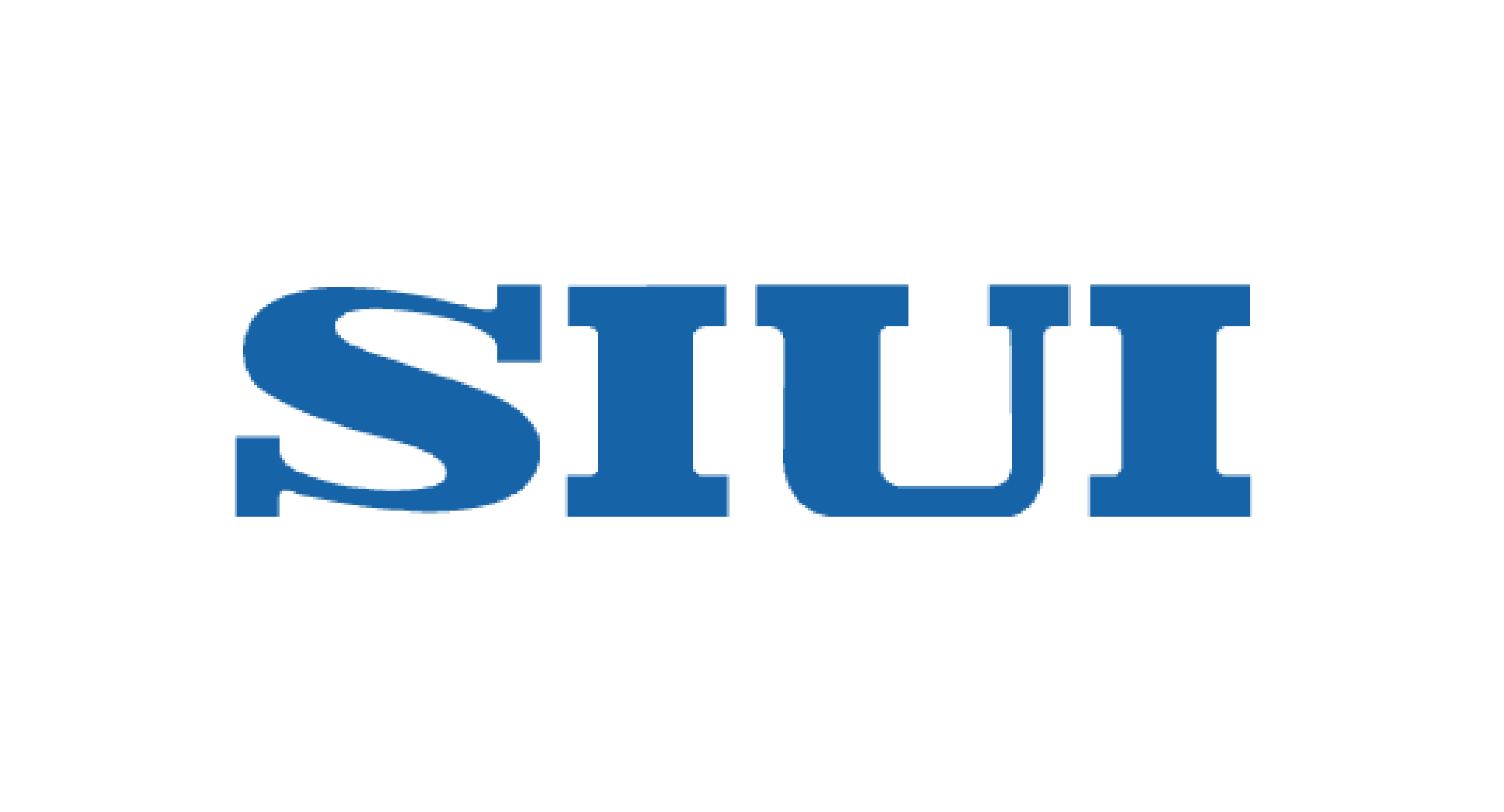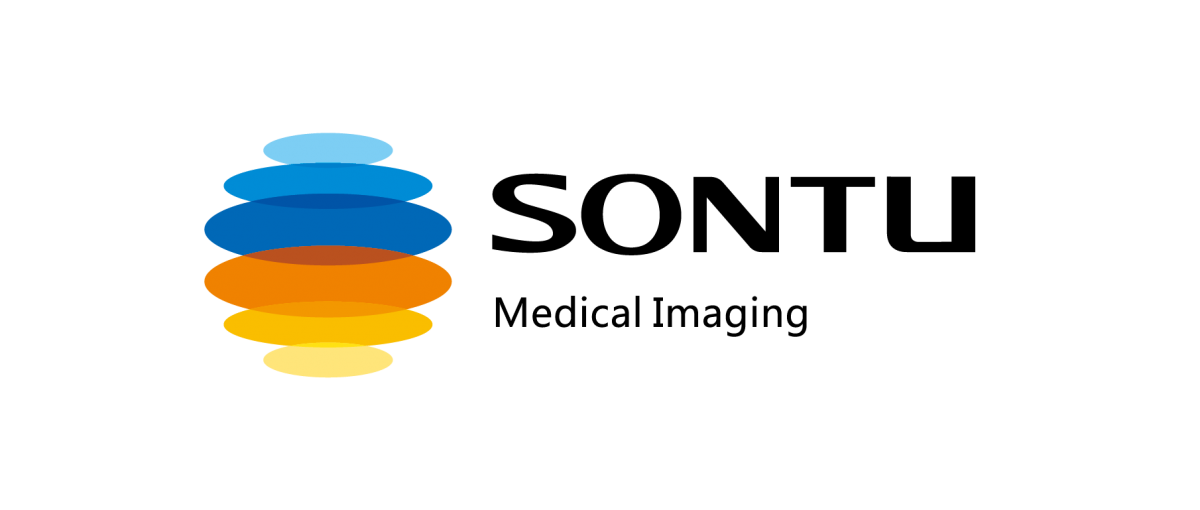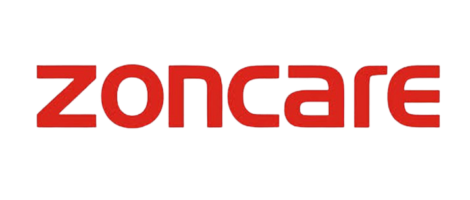The med-tech industry is set for significant advancements and transformations in 2024, driven by technological innovations, regulatory changes, and evolving healthcare needs. Here are the key trends expected to shape the med-tech landscape this year:
1. Artificial Intelligence (AI) and Machine Learning
AI continues to revolutionize the med-tech sector, enhancing diagnostic accuracy, personalized treatment plans, and operational efficiency. In 2024, AI’s role will expand further into early disease detection, predictive analytics, and automating routine tasks, which will help healthcare professionals make faster and more accurate decisions (McKinsey & Company) (MedCity News).
2. Wearable Health Devices
Wearable devices for remote patient monitoring are gaining popularity, enabling real-time health data tracking and personalized patient care. These devices help manage chronic diseases and improve health outcomes by allowing continuous monitoring outside of clinical settings. The global market for these technologies is projected to grow significantly (AlphaSense) (CLEIO).
3. Telemedicine and Digital Therapeutics
Telemedicine’s growth, accelerated by the COVID-19 pandemic, will continue in 2024, offering convenience and accessibility to healthcare services. Digital therapeutics, which use software to treat diseases, are also becoming more prevalent. These technologies enhance patient engagement and reduce the burden on healthcare facilities (MedCity News) (CLEIO).
4. Generative AI
Generative AI is poised to improve healthcare efficiency by automating data analysis, enhancing diagnostic accuracy, and streamlining administrative tasks. Early adopters of generative AI in med-tech will likely gain a competitive advantage by leveraging these technologies to improve patient outcomes and reduce operational costs (AlphaSense) (MedCity News).
5. Sustainability and ESG (Environmental, Social, and Governance) Focus
Sustainability is increasingly important in the med-tech industry, with companies striving to reduce their carbon footprint and integrate sustainable practices. Regulatory pressures and investor expectations are driving the industry towards more eco-friendly solutions, such as reducing single-use plastics and improving energy efficiency in manufacturing (AlphaSense) (MedCity News).
6. Cybersecurity
With the rise of connected medical devices, cybersecurity has become a critical concern. Ensuring the protection of patient data and device security is paramount. Regulatory bodies are implementing stricter guidelines, and companies must continuously update their security measures to protect against cyber threats (MedCity News) (CLEIO).
7. Augmented Reality (AR) and Virtual Reality (VR)
AR and VR technologies are being used increasingly in medical training and surgical simulations. These technologies allow healthcare professionals to practice complex procedures in a virtual environment, improving their skills and decision-making abilities. The market for AR and VR in healthcare is expected to grow significantly in the coming years (CLEIO).
8. Bioprinting
Bioprinting is making strides in regenerative medicine, particularly in the creation of artificial organs and tissues. This technology holds promise for organ transplants, joint regeneration, and cancer treatment, representing a significant advancement in personalized medicine (CLEIO).
Conclusion
The med-tech industry is poised for transformative growth in 2024, driven by advancements in AI, wearables, telemedicine, sustainability, cybersecurity, AR/VR, and bioprinting. Staying abreast of these trends will be crucial for med-tech companies to innovate and succeed in a competitive market. For more detailed insights and guidance on navigating these trends, you can explore resources from McKinsey, AlphaSense, and CLEIO.












